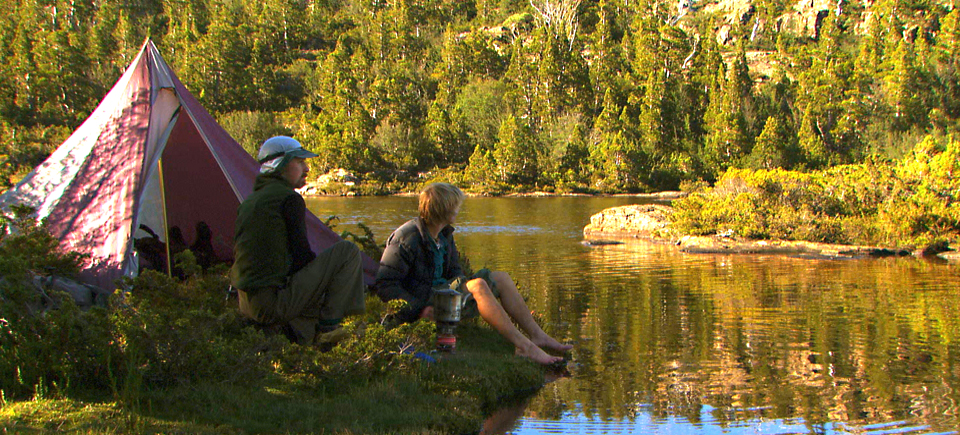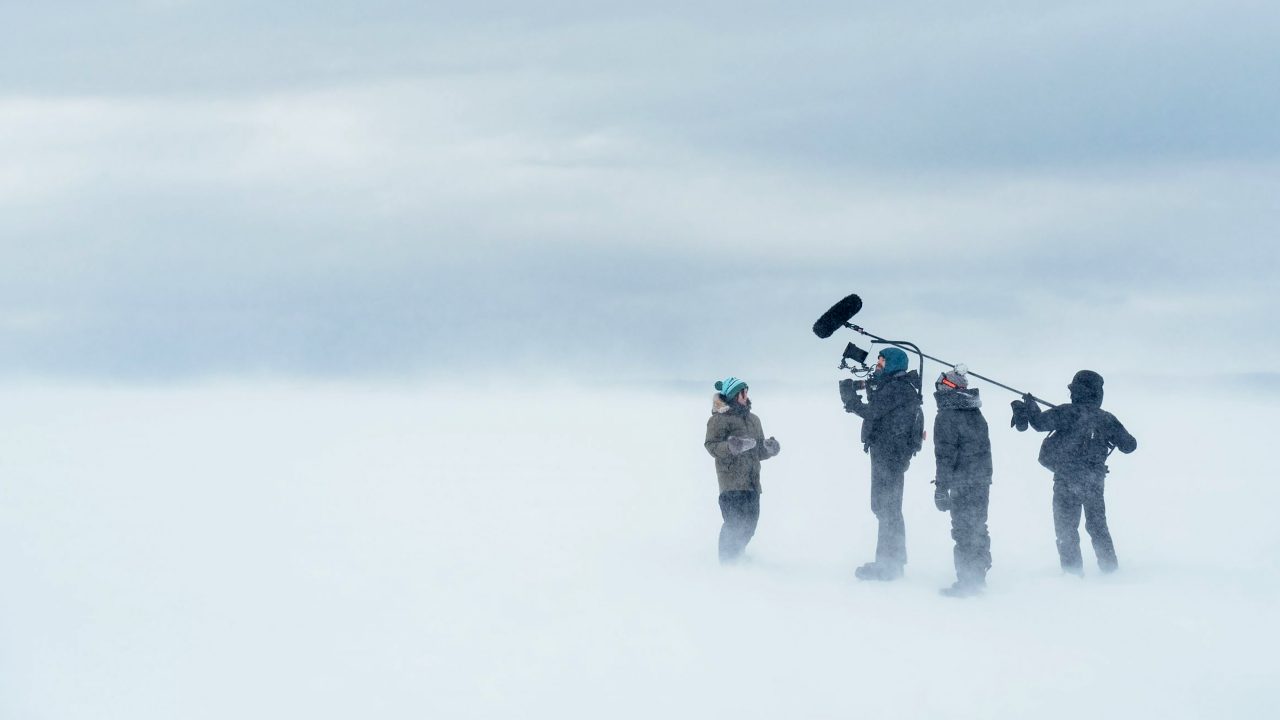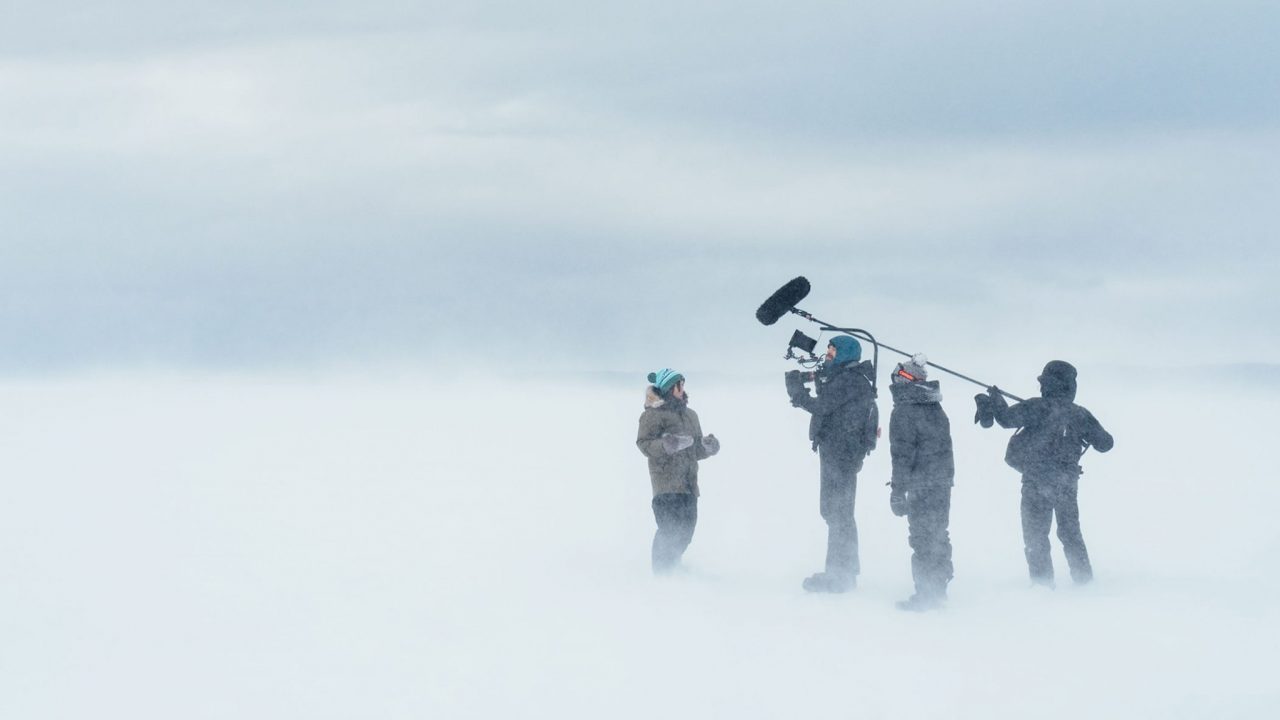This guest post was written by David Finkelstein, an OCT-certified teacher who focuses on hands-on and inquiry-based learning. David would love to zip-line through a cloud forest in Costa Rica or explore the 1,400-km coastline of Namibia.
***
Ecotourism and the Green Movement
As we progress further into the 21st century, our focus on environmental and ecological concerns will only continue to grow. And as this focus intensifies, industries such as ecotourism will develop to monetize this interest. Not content to simply lie on the beach at an all-inclusive resort in the Mayan Riviera, a new generation of tourists want to immerse themselves in the natural landscapes of the regions they travel to. The challenge for tourism organizations is to ensure that they are not simply slapping a “green” label on an otherwise empty experience, but that they are actually forging a partnership between profit and protection. When done appropriately, this partnership can create authentic experiences in which both traveller and tour guide know that the needs of the landscape have been put before the need for another drink at the swim-up bar.
Green Paradise–Our Own Gardens of Eden
Two seasons of the series Green Paradise have been made available on the NFB’s CAMPUS site. Each one of these 18 episodes focuses on a different region of the world, from Chile to Oman, Fiji to Mozambique. Over the course of 30 minutes, students are introduced to the background of the region and its unique ecological features, as well as an individual or group from the area that is involved in ecotourism. Students who are interested in Geography, World Issues and Earth Sciences will take pleasure in watching how entrepreneurs combine their appreciation for nature with their desire for a successful business model.
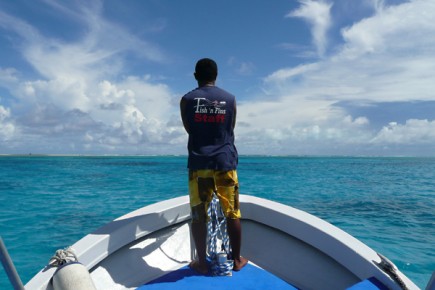
For example, in Chile we are introduced to modern-day gauchos who have adapted to their changing world by applying their knowledge at an eco-hotel near the Serrano Glacier. Combining traditional ecological practices (“don’t take more from the land than necessary”) with modern technology, the gauchos present their culture and environment to eager tourists. In Belize, the influence of the Maya people still holds strong; their appreciation for their surroundings is mirrored by Marcus, our tour guide in the episode. In the Bahamas, locals work on developing a sustainable tourism model in order to achieve a balance between natural and human needs. The beauty of the region’s “Blue Holes” is something that needs to be seen to be believed.
Connecting Students to Their World
One of the most remarkable aspects of the Green Paradise series is that though it takes us on a journey to a wide range of locations, viewers are more likely to be struck by similarities than differences. In each episode, we see individuals attempting to make an impact on the world around them. Whether it’s by inviting tourists to meditate or to mountain climb, their ultimate goal is to forge a connection to the environment—reminding us that we are inside the world, not simply observers of it. This may, in fact, be the most significant paradigm shift of the 21st-century: the notion that we can’t control nature, but instead must work with nature to ensure the long-lasting survival of our species and the planet as a whole. Our students can be reminded that they don’t need to become the head of the World Wildlife Fund to make a lasting impact.
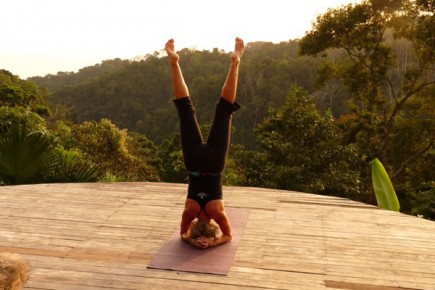
Extension Activities
Because of the variety of locations discussed during the series, teachers can use the programs to divide the class according to interest. In small groups, students can use episodes as the foundation of research and report back to the class. As a whole class, discuss what could be done to support ecotourism in your area. Debate which geological features found across the globe would be the most important to maintain. There are countless travel agents and blogs available online that focus on ecotourism. Do any of them travel to your features of choice?
Canadian Wildlife Federation
Ecotourism.org
Finally, discuss the significance of UNESCO and its designated World Heritage Sites in protecting the world’s most vulnerable regions and resources.
Unesco
This guest post was written by David Finkelstein, an OCT-certified teacher who focuses on hands-on and inquiry-based learning. David would love to zip-line through a cloud forest in Costa Rica or explore the 1,400-km coastline of Namibia.
